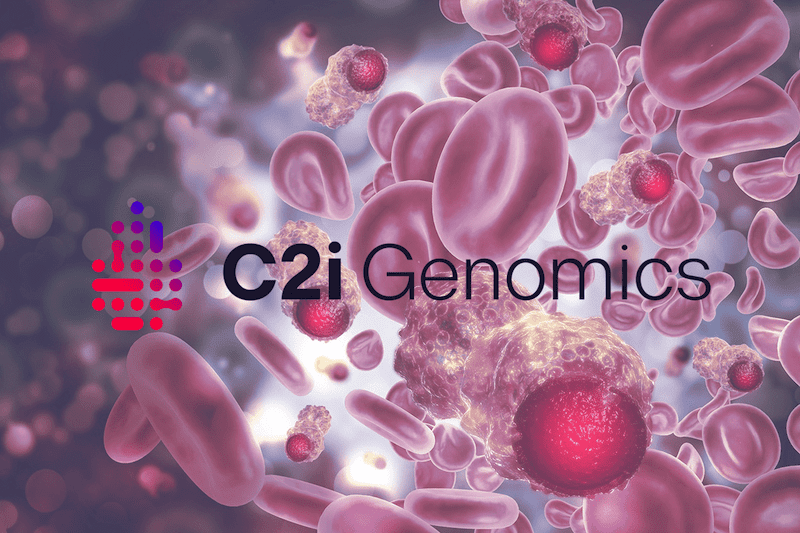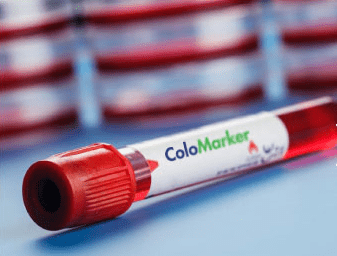Cancer intelligence company C2i Genomics and biopharmaceutical company AstraZeneca collaborated on an evaluation for the potential of whole-genome minimal residual disease (MRD) testing across solid cancers, with the goal of enhancing oncology treatment and supporting clinical trial recruitment and monitoring.
Using artificially generated samples to reproduce varying levels of circulating tumor DNA (ctDNA) expected to be found in tumors, this collaboration provided early evidence that the C2i assay can sensitively detect ctDNA (down to 0.002% allelic frequency), according to the company. Building on this work, AstraZeneca will further evaluate and validate the C2i Genomics platform across a panel of patient-derived samples using their in-house sequencing capabilities and expertise.
Improving Cancer Detection
The industry is continuing to transform the way cancer is detected with the recent developments of cheaper, more cost-effective accessible whole genome sequencing (WGS) technologies. With the convergence of reduced prices of whole-genome sequencing, the increase of capacity and throughput of global cloud infrastructure, and the combined technological developments in machine learning and signal processing, C2i Genomics is at the forefront of an inflection point that will profoundly change cancer treatment monitoring and clinical decisions.
The non-invasive detection of circulating tumor DNA (ctDNA) from plasma has been shown to have clinical value for the detection of Minimal Residual Disease (MRD), the emergence of resistance, and the prediction of treatment response. New MRD technologies aim to provide greater cancer detection sensitivity by expanding methods beyond small, personalized panels.
C2i Genomics’ MRD technology applies whole-genome sequencing and artificial intelligence to a small blood sample to provide ultra-sensitive cancer detection. This technology aims to eliminate the need to develop a patient-specific assay, enabling high-performance, personalized monitoring and rapid turnaround across multiple solid cancers with reduced operational complexity, the company says.
“This collaboration has generated promising results by providing ultra-sensitive and accurate cancer detection and monitoring across multiple solid cancers,” says Asaf Zviran, CEO and co-founder of C2i Genomics. “We’re looking forward to our continued collaboration with AstraZeneca to see where the power of our technologies can support the development of more effective cancer treatments for the patients that urgently need it.”
C2i has expanded its SaaS solution across the globe, utilizing a cloud-based platform to perform cancer tumor burden monitoring.





